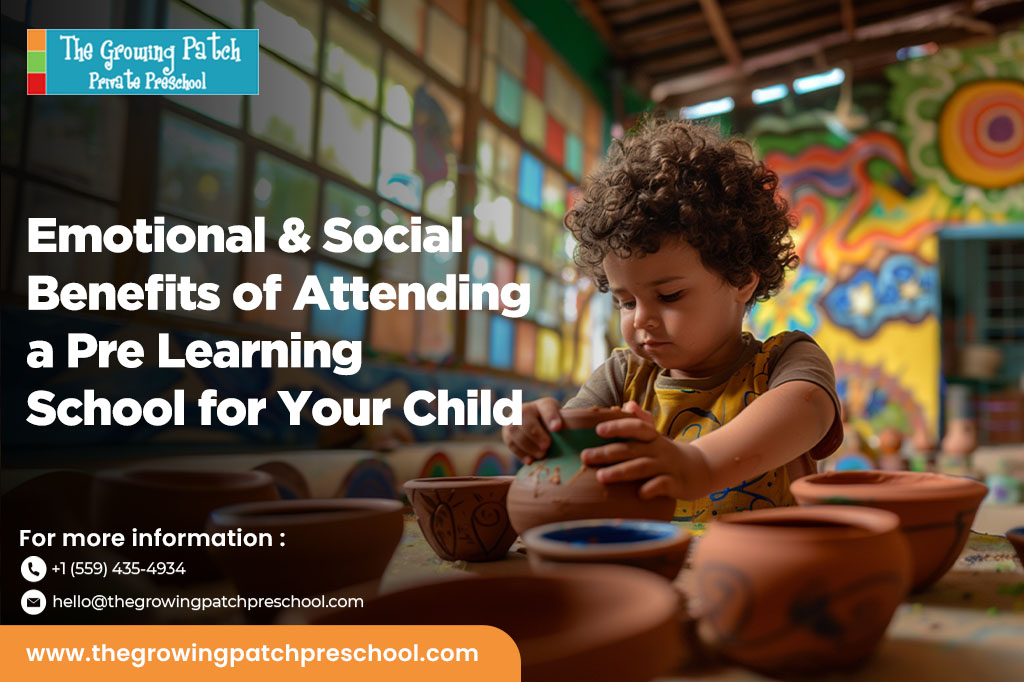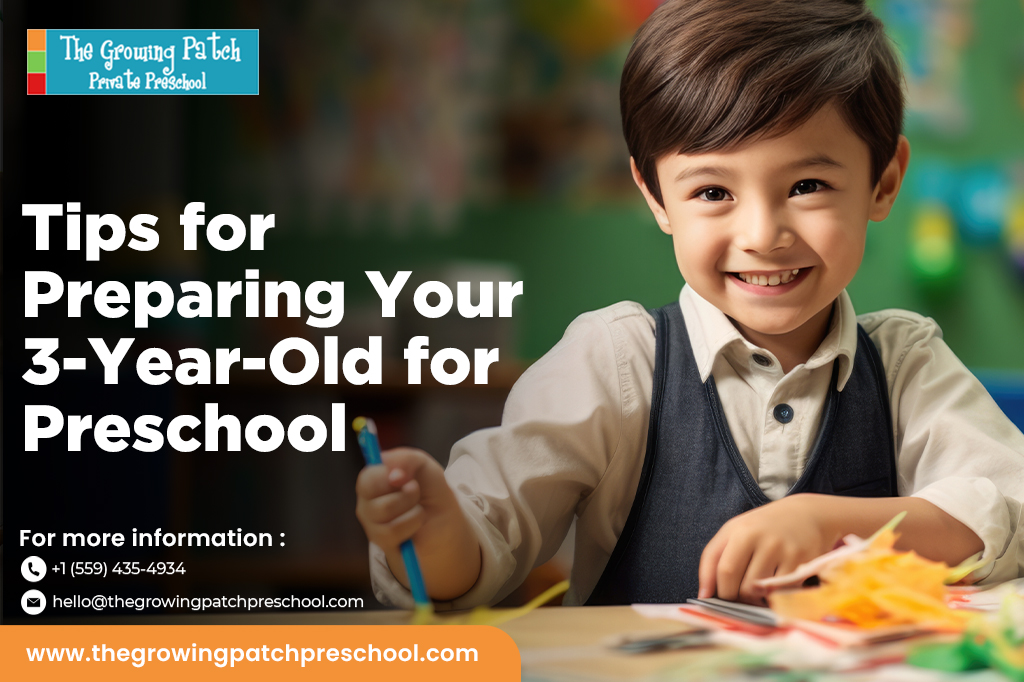Selecting a pre learning school for your child is one of the first steps in their education. Even though many parents consider the academic aspect first, it is usually the emotional and social development areas that have the greatest long-term impact.
Kids between the ages of 2 to 5 are in their most formative years. At this age, the brain wires itself to learn everything including language, behaviour, emotions and even social skills. A pre learning school offers structure and nurturing support to aid this growth in extraordinary ways.
This blog will discuss how attending a pre learning school can improve your child’s emotional and social aspects.
Key Emotional & Social Benefits of Pre Learning School
Enhanced Emotional Autonomy in Younger Ages: Most children experience pre learning school as one of the first occasions to spend prolonged periods away from home. This gentle form of separation assists children at this age to learn how to deal with small challenges more autonomously.
They start to:
- Develop self-soothing skills
- Feel comfortable around non-familial trusted adults
- Build emotional fortitude over time
Improved Communication and Expression: In a group, children are taught to talk, listen. They are also encouraged to express themselves through songs, storytelling and other guided dialogues. At this stage, they begin to phrase needs, feelings and experiences using words.
This enhances:
- Emotional vocabulary: happy, sad, scared and excited
- Opinion expressing confidence
- Ability to communicate emotions and needs in a calm manner
- Ability to articulate needs unambiguously
Understanding Social Rules and Group Behaviour: Social skills do not come naturally—they are acquired by watching others and doing. Pre learning schools develops children’s understanding of the basic group dynamics in an age-appropriate manner.
They learn:
- Taking and giving turns
- Listening when there is a speaker
- Maintaining appropriate spatial and emotional boundaries with others and respecting their feelings
- This helps in the cultivation of teamwork and cooperation in later years.
Development of Empathy: While interacting with peers regularly, children observe different emotion being expressed such as: a child crying, laughing, getting frustrated or feeling proud. They are taught to understand and respond to emotions kindly.
This encourages:
- The capacity to empathize and understand how others might feel.
- Empathy in action—soothing a friend’s woes or exercising patience.
- The early signals of developing emotional intelligence.
Enhanced Self-Control, Self-Regulation and Coping Strategies: Young children can manage and control emotions like anger, disappointment, or strong excitement because they are taught how to deal with them in early learning programs. This may involve mindfulness practices, calming strategies, or simply stating one’s needs.
In time, children are able to develop:
- Self-awareness
- Ability to manage escalating frustration
- Patience and control of impulses
Self-Esteem and Confidence: Accomplishing tasks like solving a puzzle, aiding a peer, or even getting endorsed by a tutor nurtures positive beliefs about one’s capabilities. Such small achievements significantly boost confidence.
Some of the benefits include:
- Readiness to take on new challenges
- Self-appreciation
- A healthy self-image
Forming Bonds and Making Friends: At this point, friendships might be centred on simple aspects like connecting through play, but they hold great importance in early childhood. Pre-kindergarten children pick up important lessons on starting conversations, playing together, solving disagreements and so on in pre learning environments.
Fosters:
- Social comfort alongside the carefree expression of self.
- The delight emerging from collective participation.
- Emotional bonds that stand the test of time.
It’s About More Than Early Education
Although pre learning schools are perceived as an additional academic portfolio feature, they fundamentally assist children readying them socially and emotionally for the world. Children build independence, social skills, emotional intelligence and the capacity to relate to others—all of which are nurtured within a safe and joyful environment.
A child is pretty much set on emotionally understanding friendships, relating to peers and interacting with them along with comprehending the surrounding world and these are social assets to treasure for years.
Conclusion
If you are wondering, which is the best Pre Learning School for your children, At The The Growing Patch Preschool, we are planting the seeds for our future generations. Our school is well equipped with a loving nurturing team of teachers that adore the kids and build the foundation of lifelong learning. The Growing Patch Preschool was designed and built uniquely for preschoolers ages 2-6, everything from the classrooms to the bathrooms to the enormous backyard has been tailor made for our kids.



